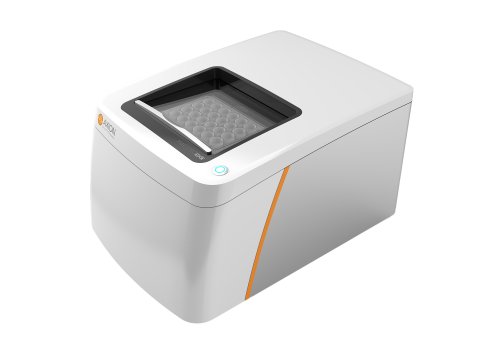Authors: Hamed Salmanzadeh and Robert F. Halliwell
Receptors, 20 June 2025
Scientists use Axion’s noninvasive Maestro Edge MEA system to investigate the impact of antiepileptics on neural organoids in vitro.
People with epilepsy are often resistant to currently available drugs, highlighting the urgent need for more effective therapeutics. In this study, researchers developed long-term 3D neural organoids derived from human pluripotent stem cells to model epileptiform activity in vitro. Using Axion BioSystems’ Maestro MEA platform, they noninvasively recorded spontaneous and drug-modulated neural activity over an extended period of eight months—a significant advancement in the longevity and maturation of in vitro epilepsy models.
The organoids displayed progressive increases in network complexity and responsiveness, making them suitable for modeling disease-relevant phenotypes. Upon treatment with a panel of pro-epileptic and anti-epileptic compounds, the Maestro platform detected clear, mechanism-specific changes in neural network behavior. These included predictable increases in spike rate and bursts with convulsants, and decreases with known antiseizure agents.
Overall, the Maestro MEA platform enabled long-term, label-free functional assessment of neural activity in organoids, establishing it as a powerful tool for preclinical evaluation of candidate antiseizure drugs and for studying epilepsy in a human-relevant context.


